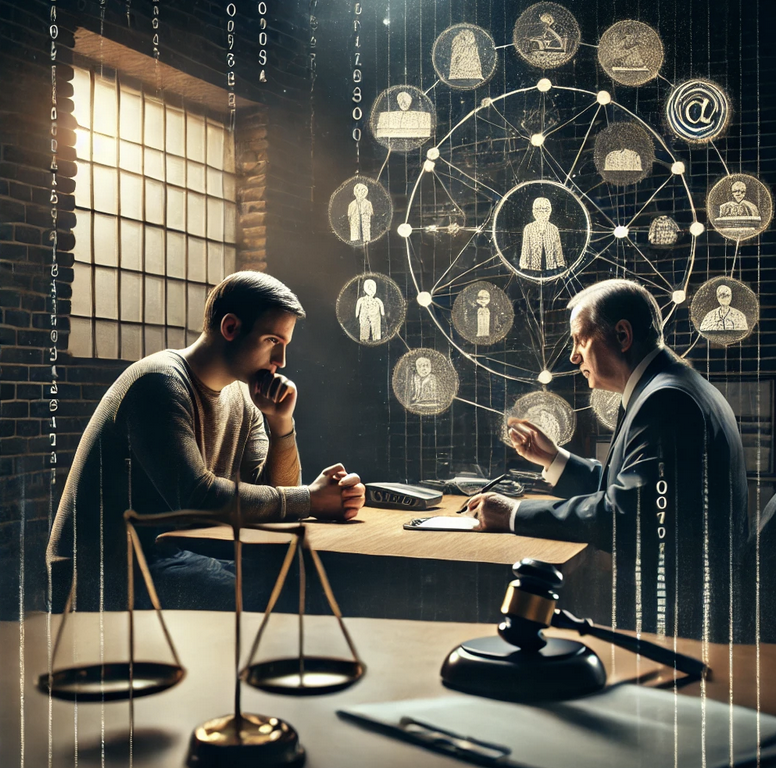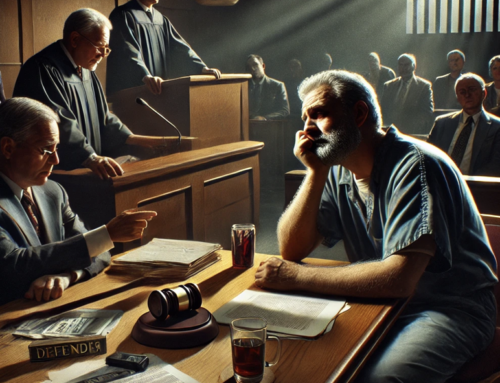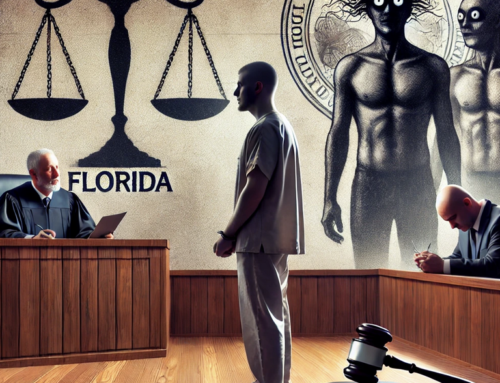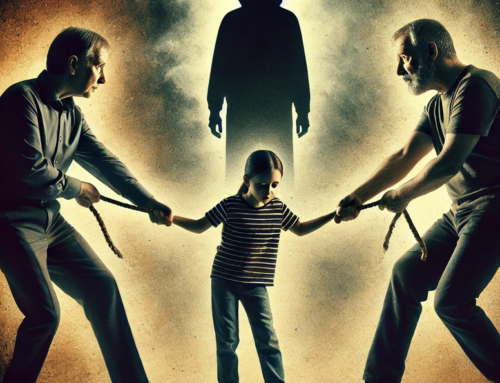One of the tasks of a forensic psychologist is to interview an alleged perpetrator who has given a confession with an eye toward judging whether the person understands the gravity of having confessed and whether he or she understands what it is that has been confessed. It has been discovered that confessions are not always the last word in accuracy and that they can be extracted in a variety of ways. Once there is a confession, efforts to locate new or contradictory evidence concerning a case might be diminished or completely cease.
A Famous Example
For example, Juan Rivera confessed to the rape and murder of an 11-year-old girl in Lake County, Illinois. However, the DNA evidence taken from the girl didn’t match Rivera’s. The prosecution theorized that she had had consensual sex with someone else and that Rivera had killed her in a fit of rage when he was unable to perform. Rivera was convicted. Fortunately, the story has a somewhat better ending than might be expected. Two weeks later the appellate court threw out the confession, and Rivera was not only exonerated, he was awarded $20 million in compensation for damages.
This and similar cases prompted a study of DNA evidence vs. a signed confession when used to sway the opinion of a jury. The research was decisive. Not only did having a confession cause further investigation to be diminished or stopped, it trumped eyewitness accounts as well as DNA sample evidence.
Other Cases
Rivera’s case is not the only instance where the confession overrode DNA evidence – even though DNA testing is usually trusted. Sixteen-year-old Jeffrey Deskovic confessed to the rape and murder of a classmate after a long, confusing interrogation. Like Rivera, he was convicted. But, unlike Rivera, he was not exonerated until a confession and the DNA of the real perpetrator came to light 15 years later! (see also: Deskovic Foundation)
Weighing the Balance
Will confessions override DNA evidence? Not every time. According to the study, 85% of the participants stated that they trusted the DNA evidence implicitly. When considering mock evidence, only 22% ignored the DNA test and focused on the confession and any corroborating witnesses. An area of concern, however, was when an attorney wove the information together into a story format that downplayed the validity or importance of the DNA, the subjects might follow the attorney’s directions and focus on his narrative.
The Role of a Forensic Psychologist
This brings us back to the importance of a forensic psychologist who might interview the accused and give a determination as to whether the confession is valid. There are many ways that an interrogator might extract a false confession. A long, complex questioning session is a common method used to get a confused subject to confess. The forensic psychologist can evaluate the state of mind of the accused and their overall understanding of the situation, and return an opinion on the validity of the confession and probability of the prosecutor’s narrative. It could make an important difference.








